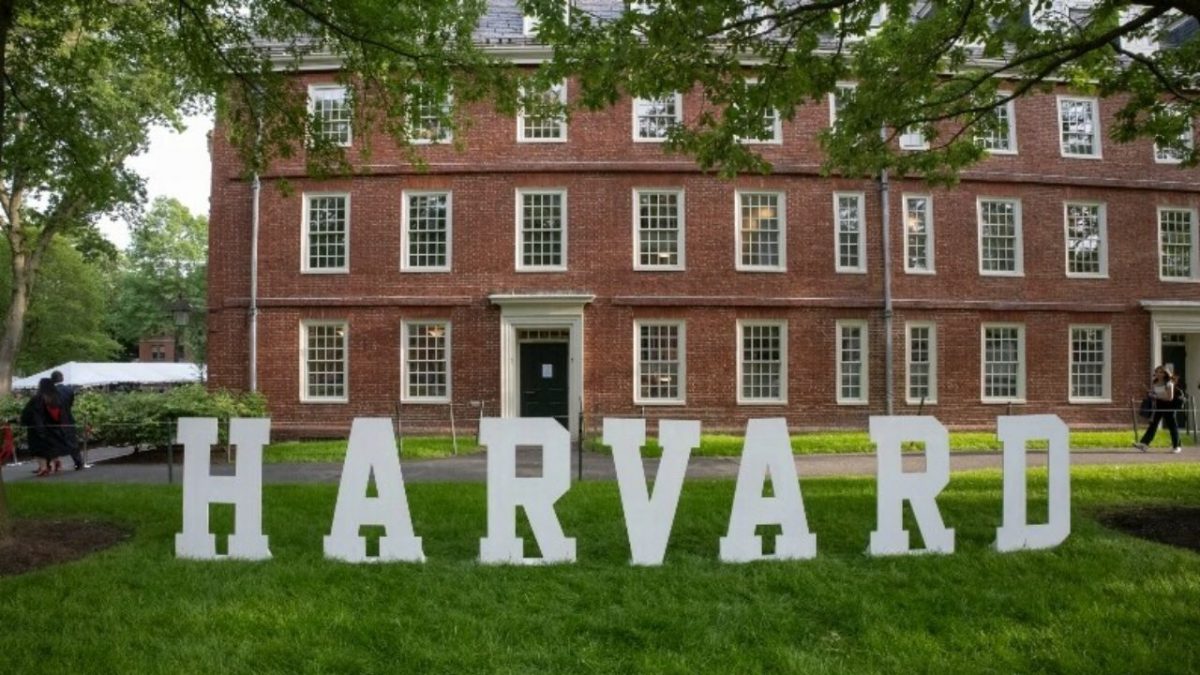Introduction
In a high-stakes legal showdown, a federal judge has temporarily blocked the foreign students, Trump administration’s attempt to revoke Harvard University’s ability to host international students. The move, which targeted Harvard’s SEVP (Student and Exchange Visitor Programme) certification, is widely seen as part of a larger political and ideological clash between academia and government.
What Sparked the Controversy?
On May 22, 2025, the Department of Homeland Security (DHS) issued a letter revoking Harvard’s SEVP certification, citing concerns about the university’s ideological environment, including claims of antisemitism and pro-Hamas sympathies. This would have effectively barred Harvard from enrolling foreign students.

However, on May 29, Judge Allison Burroughs issued a temporary restraining order, with intentions to follow up with a preliminary injunction. The DHS has now granted Harvard 30 days to respond before any final action is taken.
Legal and Constitutional Grounds
The core of Harvard’s legal argument is that the government’s action violates the First Amendment, which protects free speech—even that of institutions. The lawsuit claims the decertification is retaliation for Harvard not conforming to the administration’s ideological expectations.
Legal experts, including Aram Gavoor of George Washington University Law School, acknowledge that while DHS has broad authority under SEVP, that power is limited when it infringes upon constitutional rights. Courts will need to assess whether the government’s move was ideologically motivated and whether proper procedures were followed.
Implications for International Students
)
This legal battle affects thousands of current and prospective international students in the U.S. A removal of SEVP certification from any university could deter foreign enrollment and cause chaos in visa processing. Immigration attorney Simon Sandoval-Moshenberg warned that the situation may already be discouraging international students, calling it a form of “self-unenrollment.”
President Trump also suggested capping international student admissions to 15% at institutions like Harvard, further escalating concerns among universities and foreign applicants alike.
Is This About Free Speech or Security?
Statements from the Trump administration have consistently referenced Harvard’s alleged “woke” culture and leftist ideologies. On Truth Social, Trump accused the university of hiring “Radical Left, idiots and birdbrains,” raising questions about the administration’s true motives.
Conversely, DHS Secretary Kristi Noem cited national security and antisemitism, framing the revocation as a protective measure. But as Harvard pointed out, these accusations were issued without a thorough investigation or due process.
What’s Next?
The legal case could quickly move through the federal courts, potentially reaching the U.S. Supreme Court. If Harvard wins, it will set a strong precedent limiting government overreach into academic independence. If the Trump administration prevails, it could significantly alter how universities operate with international students.
Meanwhile, other universities are watching closely. If Harvard—a top-tier institution with immense legal resources—can be targeted, others may fear similar actions under politically charged pretenses.
Conclusion
The conflict between Harvard and the Trump administration underscores deeper tensions about immigration, academic freedom, and political ideology. With the judge’s temporary injunction in place, the university and its international students have some breathing room. But as the legal gears turn, the future of global education in the U.S. hangs in the balance.